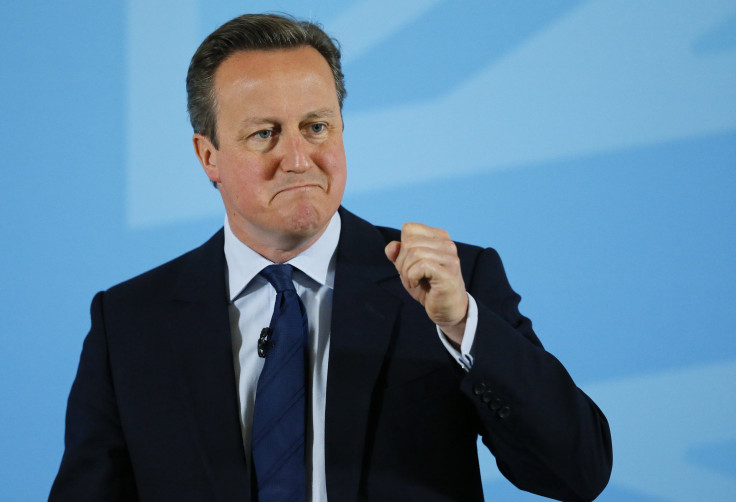Cameron Warns Brexit Would Drive Up Food Prices

British Prime Minister David Cameron warned voters on Sunday that they would face higher grocery bills if the country decides to leave the European Union at a June 23 referendum, citing a potential drop in the value of sterling.
Cameron is leading the push to keep Britain inside the European Union ahead of the referendum, the outcome of which will have far-reaching consequences for the country's economy, its role in world trade and its global diplomatic status.
His comments mark a shift in campaign tactics by the "In" side: a push to make explicit the direct link between the macroeconomic risks that have dominated the Brexit debate so far, and their potential impact on Britons' day to day lives.
"A weaker currency means more expensive imports; that means more expensive food and it drives higher business costs. And we all know where that ends up: higher prices in the shops," Cameron wrote in the Sun on Sunday newspaper.
The warning comes from a government analysis of the short-term impact that a British exit would have on voters.
He said the average family's weekly food and drink bill would rise by almost 3 percent, or 120 pounds per year, and that clothing and footwear costs would rise by 5 percent, or 100 pounds per year.
The rival "Out" campaign disputed the analysis. "The EU pushes up the prices in our supermarkets because of its protectionist policies. That's OK for big business fat cats but it's not good for British families," said Vote Leave Chief Executive Matthew Elliott.
Six out of the last seven polls published in the last week have shown the Remain campaign in the lead, and on Saturday two major bookmakers offered the shortest odds to date on a vote to remain.
On Friday Osborne warned, citing the same Treasury analysis, that house prices would fall if Britain left the EU.
© Copyright Thomson Reuters 2024. All rights reserved.





















